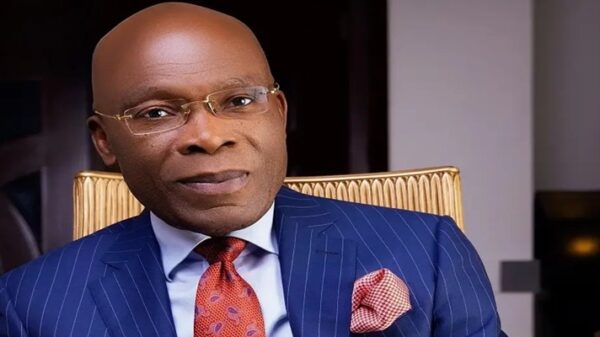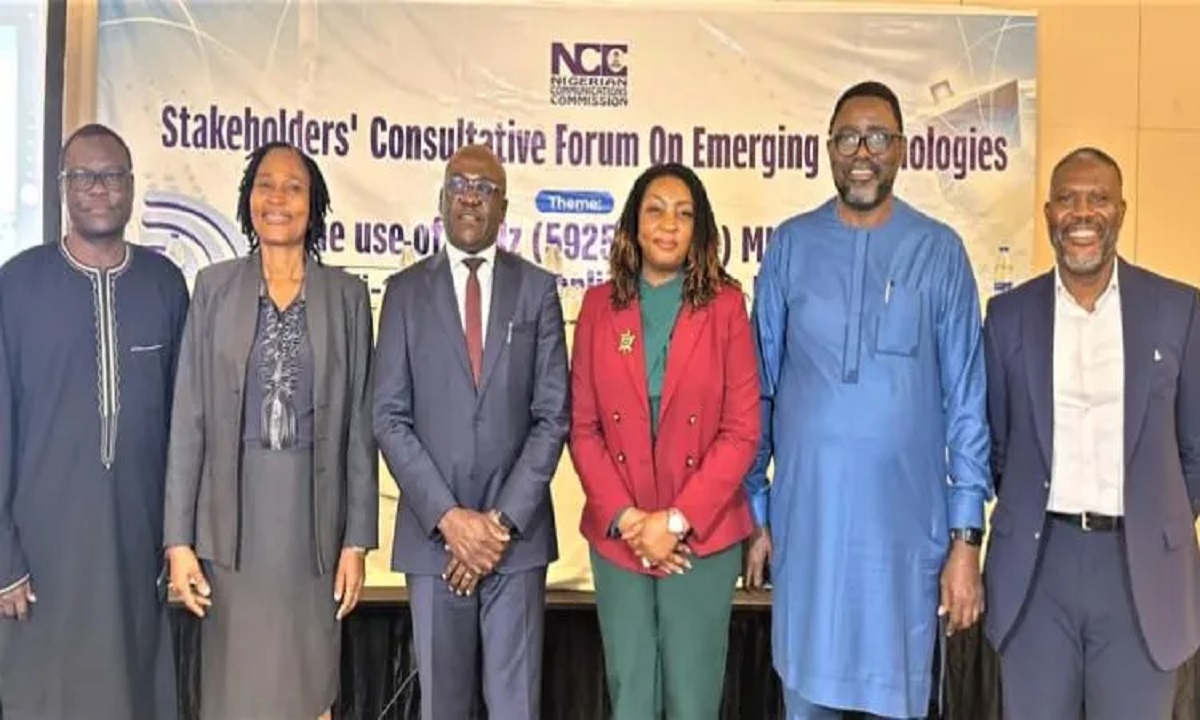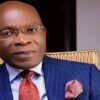Nigeria Communications Commission (NCC) has gathered opinion molders in the communications industry, to create people-centered policies for the adoption of 6GHz Open Wi-Fi.
The stakeholder forum held in Lagos, aligns with NCC’s mission of effective regulation, consumer protection, research and development, market growth, and policy implementation.
Speaking at the stakeholder forum, Dr. Aminu Maida, the executive vice chairman/CEO of NCC, emphasized the commission’s role as a hub for decision-making, while recognizing the invaluable contributions of high-speed internet. He reiterated the commitment to align with the vision of President Bola Ahmed Tinubu.
“Our actions must be guided by decisions that consider inputs from all industry stakeholders.
“The 6GHz band, spanning 5925 MHz to 7125 MHz, provides a substantial spectrum to meet the growing demand for high-speed internet and advanced applications.
“Wi-Fi is crucial for distributing fixed broadband connectivity across homes, offices, and various environments,” he stated.
Speaking further, Dr. Aminu, who Engr represented. Abraham Oshadami, the Executive Commissioner for Technical Services at NCC, expressed enthusiasm for the stakeholder initiative.
He noted that the government aims to reposition the commission to seize opportunities through strategic focus areas driven by collaboration, data compliance, and digitalization.
He pointed out that most home internet traffic connects through Wi-Fi, making it essential to handle large data volumes and connect multiple devices reliably. As the current 2.4GHz and 5GHz frequencies become saturated, exploring other bands is imperative.
Meanwhile, Tony Izuagbe Emoekpere, President of ATCON, discussed the importance of spectrum allocation, investment in infrastructure, consumer benefits, digital inclusion, and global alignment.
He emphasized that the 6GHz band is being considered globally for IMT and Wi-Fi 6 deployment, urging Nigeria to align its policies with international standards to foster trade, collaboration, and innovation.
He highlighted the potential of Wi-Fi 6 to provide high-speed, low-latency internet to underserved areas, advocating for inclusive access and equitable distribution of technology, while ensuring affordability and consumer protection.
The forum also featured insights from Meta’s Fargani Tambeayuk, Director of Public Policy for Francophone Africa, who acknowledged the NCC’s efforts in achieving 66% internet traffic growth within a year.
According to him, Nigeria’s $2 billion fiber-optics project is a significant leap in connectivity. He emphasized that the internet is a key driver of economic growth and that the adoption of 6GHz will lead to prosperity.
Corroborating Fargani’s thought, Judith Okonkwo of Imisi 3D Creation who Lab co-presented on “Wi-Fi for a Digital-Driven Economy,” highlights the benefits of Real-time Remote Assistance (RRA).
RRA facilitates immediate support via live video, audio, and chat, improving efficiency and reducing costs across various sectors, including manufacturing, education, and entertainment.
Strengthening the discussion, Engr. Prof. Caroline Alenoghena from the Federal University of Minna discussed the opportunities presented by leveraging the 6GHz spectrum, including increased wireless capacity, reduced network congestion, and enhanced telemedicine capabilities.
She recommended spectrum studies, pilot projects, and investment incentives, urging international partners to support Nigeria’s 6GHz adoption through knowledge sharing.
To Daniel Obam, a resource person from Huawei noted the challenges in Nigeria’s transmission network, including a national fiber penetration rate of approximately 19%, compared to over 60% in Europe.
He emphasized the need for Nigeria to increase its capacity and explore the benefits of 6GHz technology.
But Dr. Bienvenu Agbokponto Soglo from Intel highlighted that extensive technical studies have confirmed that wireless access systems can operate within the 6GHz band without disrupting existing operations.
He noted that many countries have opened part of the 6GHz band for use and recommended that Nigeria do the same to foster innovation and connectivity.
![]()






























































